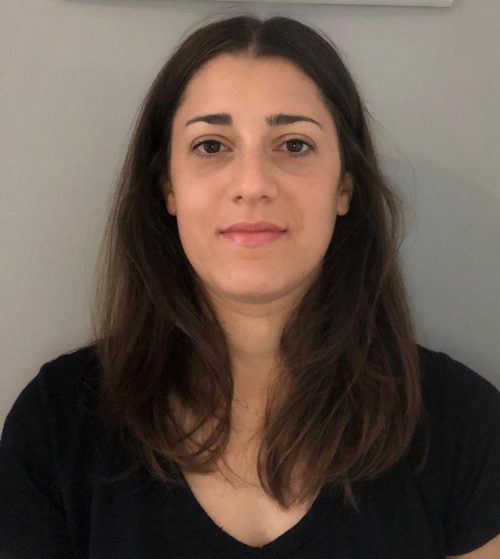
2012: Ph.D. in Animal Production, Università degli Studi di Milano (Milan, Italy)
2008: Master’s Degree in Animal Husbandry Sciences and Technologies, Università degli Studi di Milano (Milan, Italy)
2018-Today: Researcher at National Research Council, Institute of Agricultural Biology and Biotechnology (IBBA-CNR), Lodi.
2015-2018: Researcher – temporary position at National Research Council, Institute of Agricultural Biology and Biotechnology (IBBA-CNR), Lodi.
2014-2015: Senior Post Doctoral Fellow at National Research Council, Institute of Agricultural Biology and Biotechnology (IBBA-CNR), Lodi.
2012-2014: Post-Doc Research Fellow at National Research Council, Institute of Agricultural Biology and Biotechnology, Lodi.
2008-2012: Research Fellow at National Research Council, Institute of Agricultural Biology and Biotechnology (IBBA-CNR), Lodi.
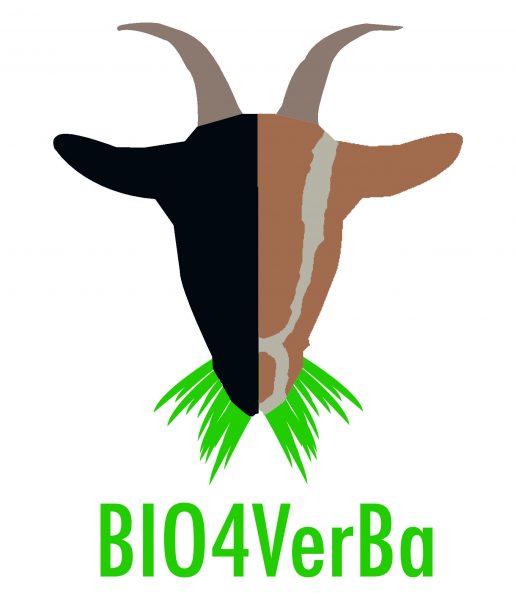
BIO4VERBA project arises from the need of the breeders of the Verzaschese and Bionda dell’Adamello goat breeds to preserve and enhance their local breeds and the relative products.
BIO4VERBA has the following objectives:
5. Support breeders who prefer grazing, through a characterization of their products (Formaggella del Luinese PDO and Fatulì of the Saviore Valley) that allow to identify the contribution of grazing to the sensorial cheese properties (characteristics of cheeses).

The I-BEEF project aims not only to improve the breeding plan of the Italian Limousine and Charolaise breeds by adapting it to the new sustainability and environmental selection criteria, but also to speed up the genomic characterization of 6 autochthonous beef genetic types (TGA), namely: Calvana, Mucca Pisana, Pontremolese, Sarda, Sardo Bruna, Sardo Modicana. The main objectives are biodiversity conservation and inbreeding control
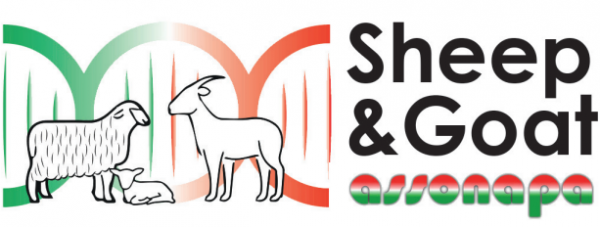
The SHEEP&GOAT project aims to introduce a series of actions related to the collection and use of phenotypic and molecular data in the Italian sheep and goat farming industry, with the goal of making the breeding sustainable and competitive, and contributing to the preservation and management of its rich biodiversity.
.
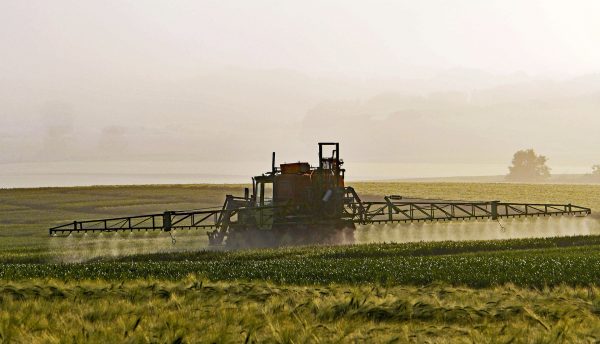
The FILAGRO project aims to provide solutions to several issues that are emerging in the field of modern agriculture. They concern: production sustainability, biodiversity and environment preservation; improvement in food quality, safety and healthy and nutritional aspects; technology development in favor of industry; new knowledge dissemination. These issues are highlighted as of high importance in the EXPO 2015 and Horizon 2020 programs as well as in the 2013-2015 plan of the Agriculture Directorate of the Lombardy Region.
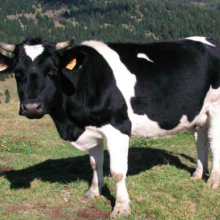
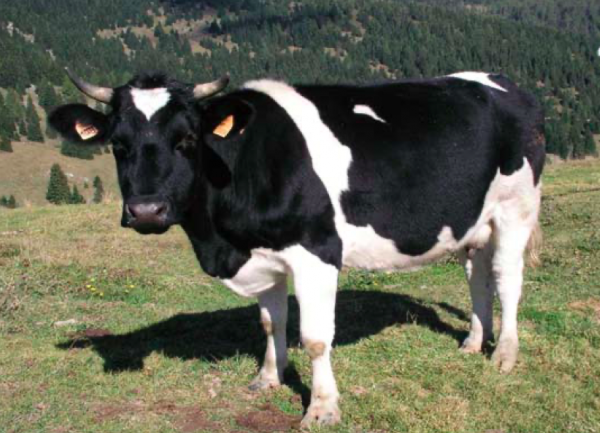
Collection, evaluation and conservation of genetic material of the Burlina cattle breed as a back-up in the medium and long period in the event of extinction of the breed or the onset of genetic problems in the breed (loss of genetic lines, excessive inbreeding, etc.). The preserved genetic material consists mainly of semen cryopreserved in liquid nitrogen and blood for future DNA extractions.
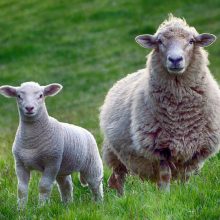
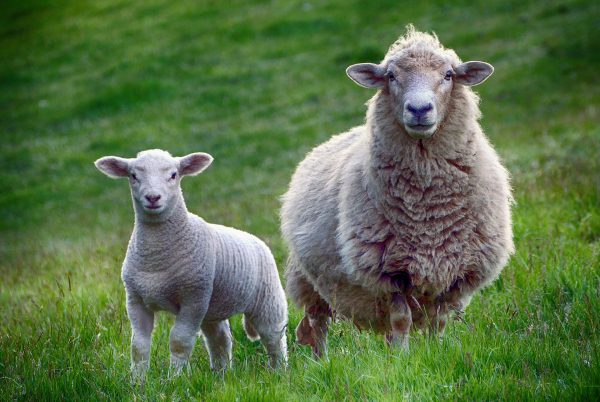
The aim of the project was the management of the genetic variability of the local Italian sheep and goat breeds through the choice of donors to be stored in the Cryobank and therefore the collection and conservation of their genetic material. For this purpose, the donors of genetic material to be stored in the Criobank have been identified in the Massese sheep, Langhe sheep, Gentile sheep of Puglia, Garganica goat and Nicastrese goat breeds. The seminal material was then collected using reproductive biotechnologies, such as the extraction of epididymal spermatozoa procedures, that had previously been developed in the IBBA laboratories in Lodi. The material collected in the project can be distributed to breeders for the insemination of the females for proper management of the genetic variability of their herds and more generally of the whole breed.
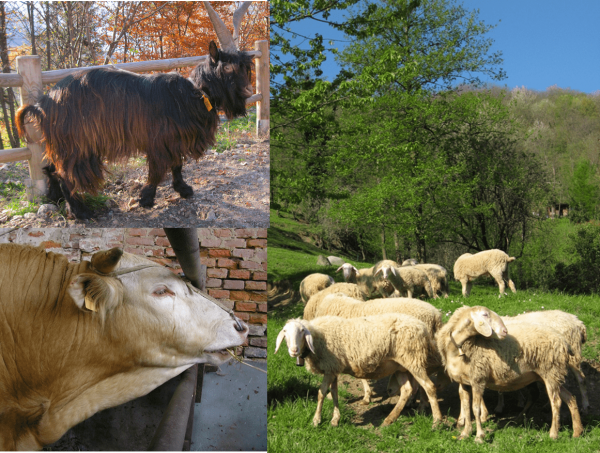
The focus of the project is the conservation and enhancement of a still little known Lombard biodiversity, which risks being lost even before being studied. The project has the following three objectives:
1) expansion of the Lombard Genetic Resources Bank – LABank – launched in 2008, with the addition of new breeds and with the increase of the genetic material of those already present. At the end of the project, LABank 2.0 will be created as a result of the expansion of LABank;
2) creation of the second LABank 2.0 site, to minimize the risk associated with any “catastrophic” events, in accordance with the “FAO Guidelines” (Cryoconservation of animal genetic resources. Animal Production and Health Guidelines No. 12. Complete Book. FAO, Rome p. 222., 2012), with the Piano Nazionale per la Biodiversità di interesse Agricolo (PNBA), emanato dal Ministero delle Politiche Agricole, Alimentari e Forestali e approvato il 14 Febbraio 2008;
3) to develop tools for easy management and enhancement of their breeds, as an important part of the Lombard indigenous animal biodiversity, also in order to preserve and enhance the agro-ecosystems linked to them.
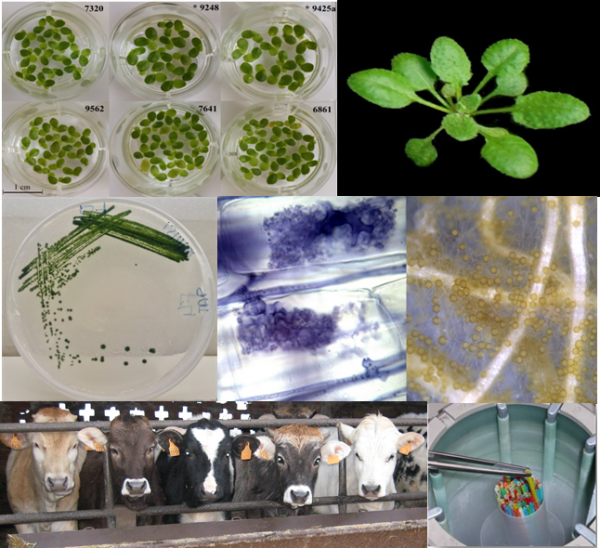
The project is organized in 3 main activities:
1) Implementation and updating of the BioGenRes network of biobanks, with a focus on nationally/internationally recognized collections of animal, plant or microorganism species samples (animal and plant germplasm banks, microbial strain libraries of pathogenic/toxigenic organisms, nematodes, soil and water microflora and microorganisms used in agro-industry and food (e.g. microbial starters for fermentations)).
2) Replication (rejuvenation) and expansion of material stored in collections. For plant and microbial collections: multiplication of accessions for which a small amount of material is available and rejuvenation of accessions whose seed viability data are below the expected standards (> 85%). For animal collections of zootechnical interest: collection and freezing of genetic material of local breeds to complete sampling carried out in previous projects or expansion of the number of species and breeds stored in cryobanks.
3) Biochemical, molecular, metabolic, functional and phenotypic characterization of the material conserved in the biobanks of the BioGenRes network, also in order to carry out association studies and to identify markers associated with traits linked to production and/or adaptation to biotic and abiotic stress factors.
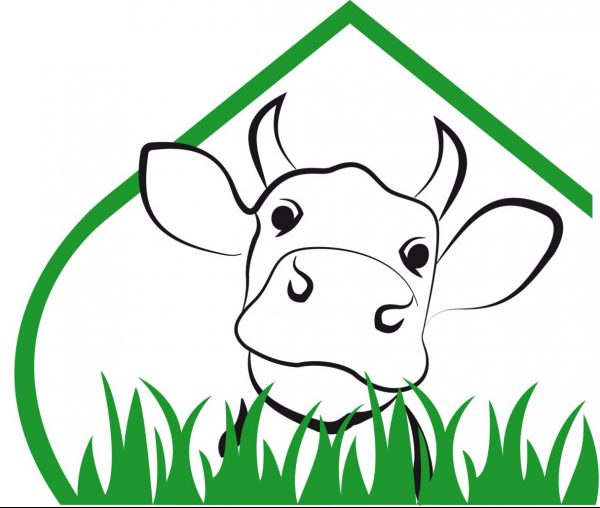
The project FARM-INN aims to provide farm-level interventions supporting dairy industry enhancing safety and quality of milk and cheese and providing the necessary scientific evidence and new insight regarding their functional properties. The proposed actions will be carried out assessing and improving animal welfare and the environmental sustainability. In particular, two aspects will be tackled and studied in the proposed project: i) the development and use of new feed supplements adsorbing mycotoxins and reducing pathogenic and spoilage clostridia in milk ii) the characterization of cheese making and functional properties of A1 and A2 variants of beta-casein in milk. The evaluation of environmental sustainability of the adsorbent supplementations to the cow rations and the potential effect of cheese making using A1 and A2 beta-casein types in milk analyses through a Life Cycle Assessment approach will be performed.
The project will offer opportunities to the dairy farmers to strengthen their competitiveness, in the context of a better control of safety and quality issues, and will help dairy industry in placing on the market high-quality products adapted to the new expectations of consumers.
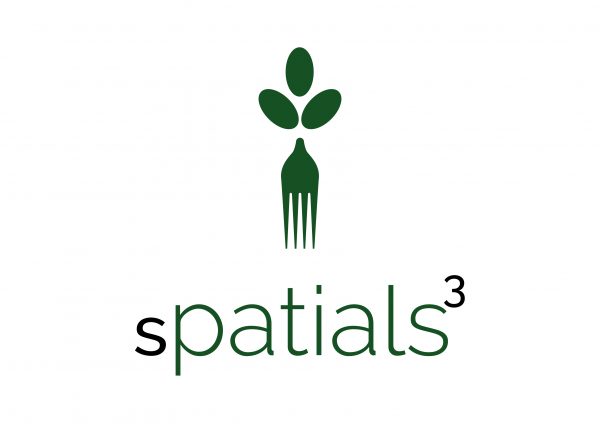
sPATIALS3 is a technological and research hub involving 12 CNR Institutes belonging to 4 different Departments and 4 companies. Main objectives will be: obtainment of innovative food products improved for their nutritional and functional properties; provision and implementation of precision technologies to guarantee products quality, safety and traceability; development of innovative and eco-sustainable smart– and active-packaging to minimize and reuse wastes, where possible, and to increase food preservability; provision to consumers and producers of tools for results exploitation.

